You may have noticed that the police in Spain are split up into several different branches.
The most common, and the three you’ve likely seen, are the Policía Local, Policía Nacional, and Guardia Civil.
But what do they actually do? Are they responsible for different police work, and are there more than three branches of police in Spain?
Here’s everything you need to know.
Policía Local
Local police forces in Spain, sometimes known as municipales, patrol an individual town, city or municipality, and are responsible for much of the day to day police work. They often have slightly different uniforms and police cars depending on the town.
READ ALSO: Spain appoints its first ever female police chief
They also work alongside the national bodies (more on them below) but their responsibilities generally include managing traffic and parking, preventing crime, resolving minor crimes and disputes, and intelligence gathering.
They are also often used, along with national police, for building and events security.
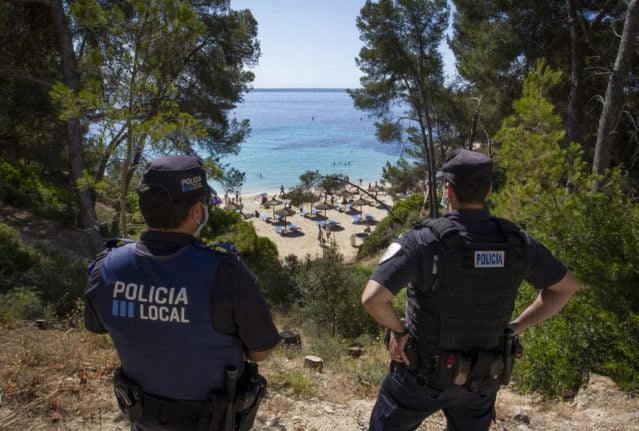
Policía Nacional
The National Police (Policía Nacional or Cuerpo Nacional de Policía) do more of the actual investigating of serious crimes, with a focus on drugs, organised crime and gangs, economic, financial, and technological crime, and illegal gambling.
They are also responsible for the control of entry and exit flows on national borders, as well as the prevention, persecution and investigation of illegal immigration networks.
National police generally tend to focus on bigger towns of 60,000 or more, though often still have a presence in smaller towns too.
Also, if you live in Spain you’ll probably already know that you need to deal with the Policía Nacional to get your NIE/DNI and other official documents.
The National Police is divided into several different bodies you might’ve come across before:
- TEDAX (Explosives Unit)
- Special Operations Group (G.E.O.)
- Central Unit for Family and Women’s Services (U.F.A.M.)
- Cavalry Unit
- Police Intervention Unit (U.I.P.)
- Canine Guide Unit (U.E.G.C.)
- Technological Investigation Brigade (B.I.T.)
- Mobile Brigade
Guardia Civil
The Guardia Civil is a national gendarmerie police force with military status, something that technically makes it the powerful police force in Spain. They have their own military barracks and answer to the Spanish Interior Ministry and Ministry of Defence.
Guardia Civil agents patrol the entirety of Spain (including roads and ports), and are particularly prominent on motorways because they are responsible for traffic surveillance and enforcing customs duties.
READ ALSO: Spain’s Civil Guard police officers allowed to have visible tattoos
For people of a certain age the Guardia Civil are probably best known for the peculiarly shaped hats they traditionally wore (el tricornio) but they are no far less common.
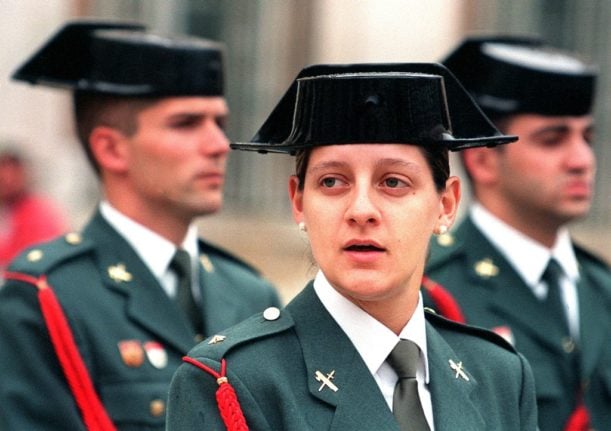
Guardia Civil agents are also responsible for transferring dangerous prisoners, and occasionally provide security to high value buildings and people.
There are several Guardia Civil subdivisions:
- Nature Protection Service (SEPRONA)
- Special Intervention Unit
- Citizen Security
- Prosecution Service
- Reserve and Security Group
- Air Service
- Explosives and CBRN Defence Service
Mossos d’Esquadra
Mossos d’Esquadra, also known as ‘Mossos’, is the police force in Catalonia, and take on the responsibilities of the national police in the region.
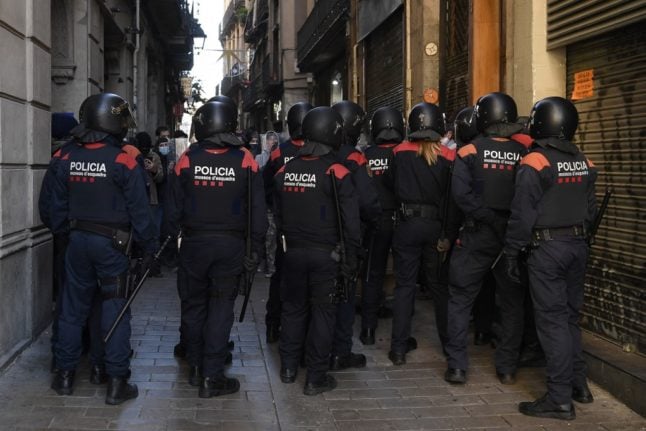
Ertzaintza
Similarly, the Basque Country also has its own police force, the Ertzaintza, which takes on most of the national police and Guardia Civil responsibilities in the northern region.
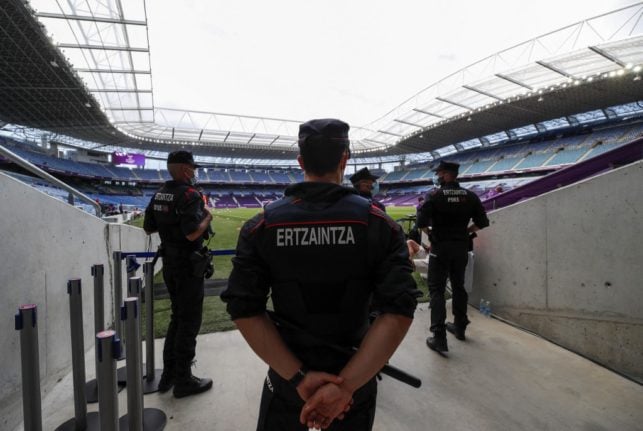
Policía Rural
Technically, there is also a rural police force called the Policía Rural, whose job is to ensure the protection and security of citizens living rural areas. They also sometimes, in collaboration with the Guardia Civil, take charge of traffic management on rural roads, as well as investigating hunting and fishing offences.
Policía Portuaria
If you live on the coast you’ve probably seen the Policía Portuaria (port police) who are responsible for the security in ports, both maritime and river ports. It is also responsible for the management of port traffic and the general prevention of crimes in the port area.
Policía Turística
Finally, the Policía Turística (tourist police) is responsible for public safety and security in tourist areas and preventing tourism-related crime. You generally only see Policía Turística in places with a heavy concentration of tourists and units are created to support the local and national forces in the area.

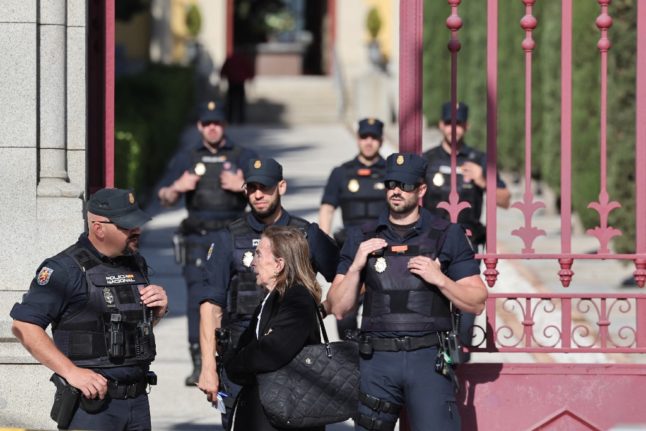
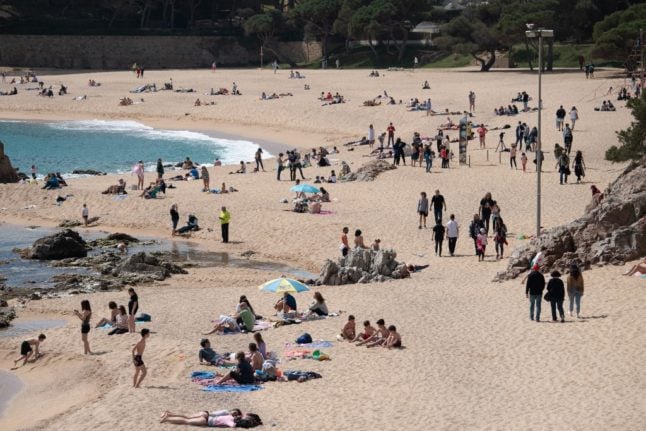
 Please whitelist us to continue reading.
Please whitelist us to continue reading.
Member comments